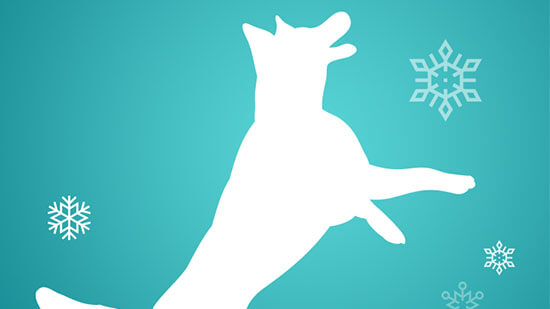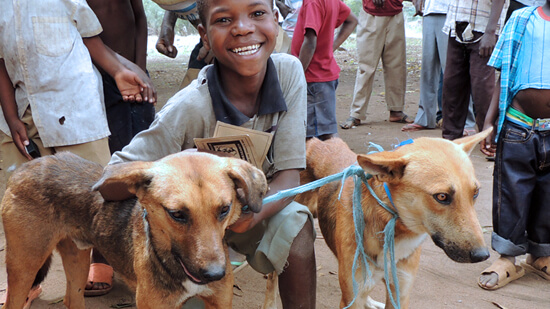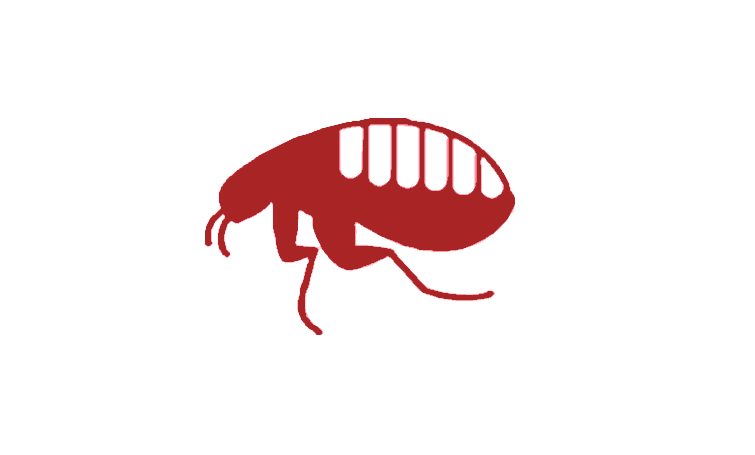

SOCIAL MEDIA
POSTS FOR

Social Posts to Use Year-Round

Dog Flu is On the Rise

Just One Tick Bite

Kennel Cough Is Contagious

Puddles Harbor Germs

Sneezes Aren’t Cute

Toys Spread Parvovirus
No items to show.
Seasonal Posts

December 2018: Disease Threats

December 2018: Happy Holidays

December 2018: The Most Important Gift

December 2018: Uninvited Holiday Guests

December 2019: Give Lyme Protection All Year Long

September 2018: Help Globally

September 2018: Stop the Spread of Rabies

September 2018: Together We Erase Rabies

September 2018: You Can Make a Difference
No items to show.
Outbreak Posts

2019 Bay Area Outbreak

2019 Before Dog Flu Exposure

2019 Don’t Wait Vaccinate

2019 Greater Portland Area Outbreak

2019 Sacramento Area Outbreak

2019 Southern California Outbreak

Dog Flu Has Been Found in 46 States

Dog Flu Infection Rates Are High

Kennel Cough Easily Spreads

Lepto Lives in Mud

Toys Spread Parvovirus
No items to show.
Disease Posts
Social Media How-To Guide
A social media step-by-step guide to help you create and maintain your healthcare team’s social media channels, tap into the right audiences and see what content gets the best response.
Drive Your Business with the Right Message
Choose from any of the filters (Brand, Outbreak or Disease) and easily find content that educates clients about disease and outbreak risks, compelling them to protect their pets with the right Merck Animal Health products.

Canine Cough & Other Respiratory Diseases
A highly contagious respiratory disease among dogs.

Canine Diabetes
A manageable disorder in dogs with the proper veterinary care and medication.

Canine Influenza
Dogs have no natural immunity to this relatively new and highly contagious disease.

Canine Influenza
Dogs have no natural immunity to this relatively new and highly contagious disease.

Feline Diabetes
Often found in older or overweight cats.

Flea Infestation: Cats
These little insects can cause serious discomfort and even illness in cats.
No items to show.
*Bravecto kills fleas and prevents flea infestations for 12 weeks. Bravecto Chew and Bravecto Topical for Dogs kills ticks (black-legged tick, American dog tick, and brown dog tick) for 12 weeks and also kills lone star ticks for 8 weeks. Bravecto Topical for Cats kills ticks (black-legged tick) for 12 weeks and American dog ticks for 8 weeks.
IMPORTANT SAFETY INFORMATION: Bravecto has not been shown to be effective for 12-weeks’ duration in puppies or kittens less than 6 months of age. Bravecto Chew: The most common adverse reactions recorded in clinical trials were vomiting, decreased appetite, diarrhea, lethargy, polydipsia, and flatulence. Bravecto is not effective against lone star ticks beyond 8 weeks of dosing. Bravecto Topical Solution for Dogs: The most common adverse reactions recorded in clinical trials were vomiting, hair loss, diarrhea, lethargy, decreased appetite, and moist dermatitis/rash. Bravecto is not effective against lone star ticks beyond 8 weeks of dosing. For topical use only. Avoid oral ingestion. Use caution in dogs with a history of seizures. Seizures have been reported in dogs receiving fluralaner, even in dogs without a history of seizures. Bravecto Topical Solution for Cats: The most common adverse reactions recorded in clinical trials were vomiting, itching, diarrhea, hair loss, decreased appetite, lethargy, and scabs/ulcerated lesions. Bravecto is not effective against American dog ticks beyond 8 weeks of dosing. For topical use only. Avoid oral ingestion. The safety of Bravecto has not been established in breeding, pregnant and lactating cats. Use with caution in cats with a history of neurologic abnormalities. Neurologic abnormalities have been reported in cats receiving Bravecto, even in cats without a history of neurologic abnormalities.

